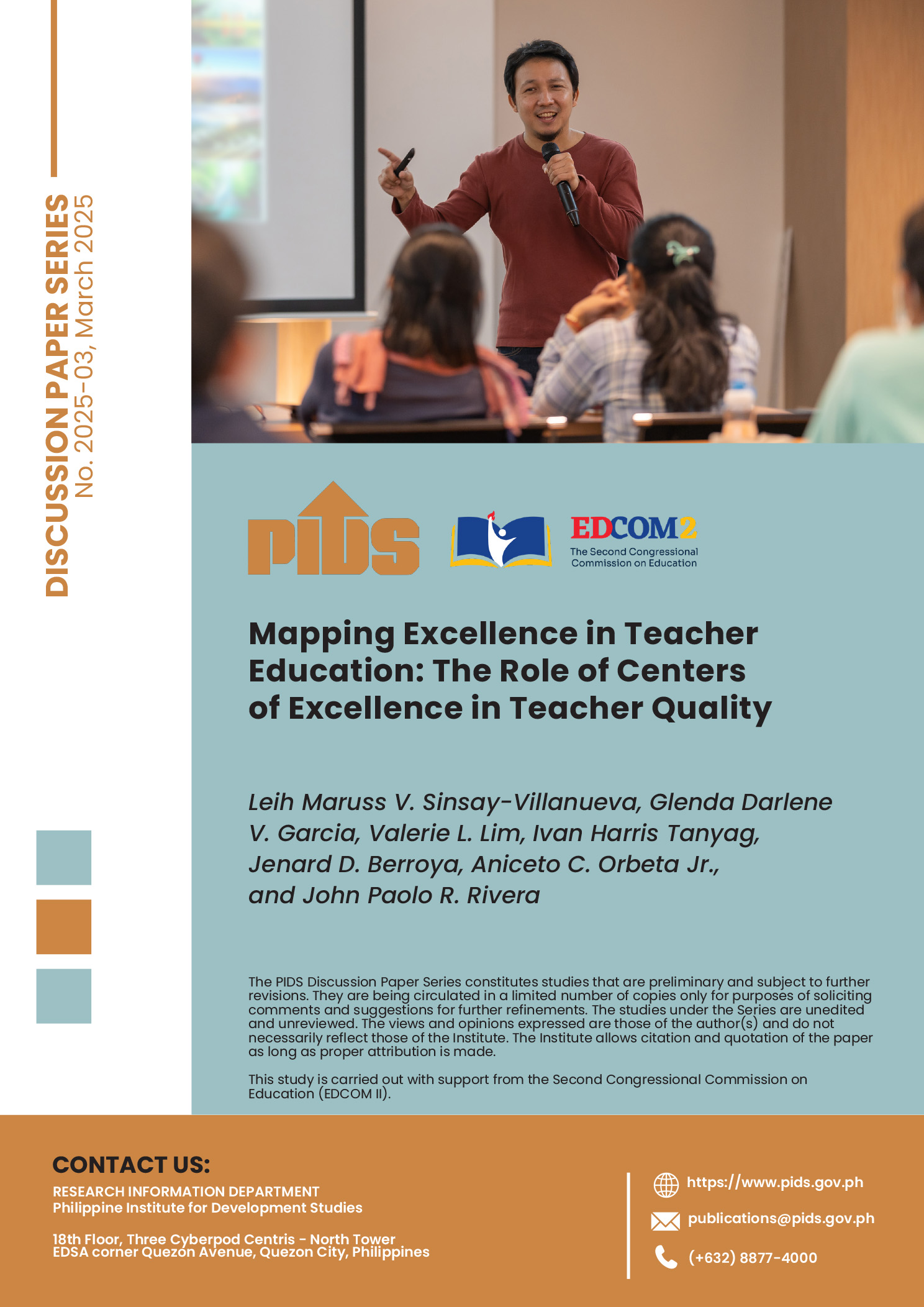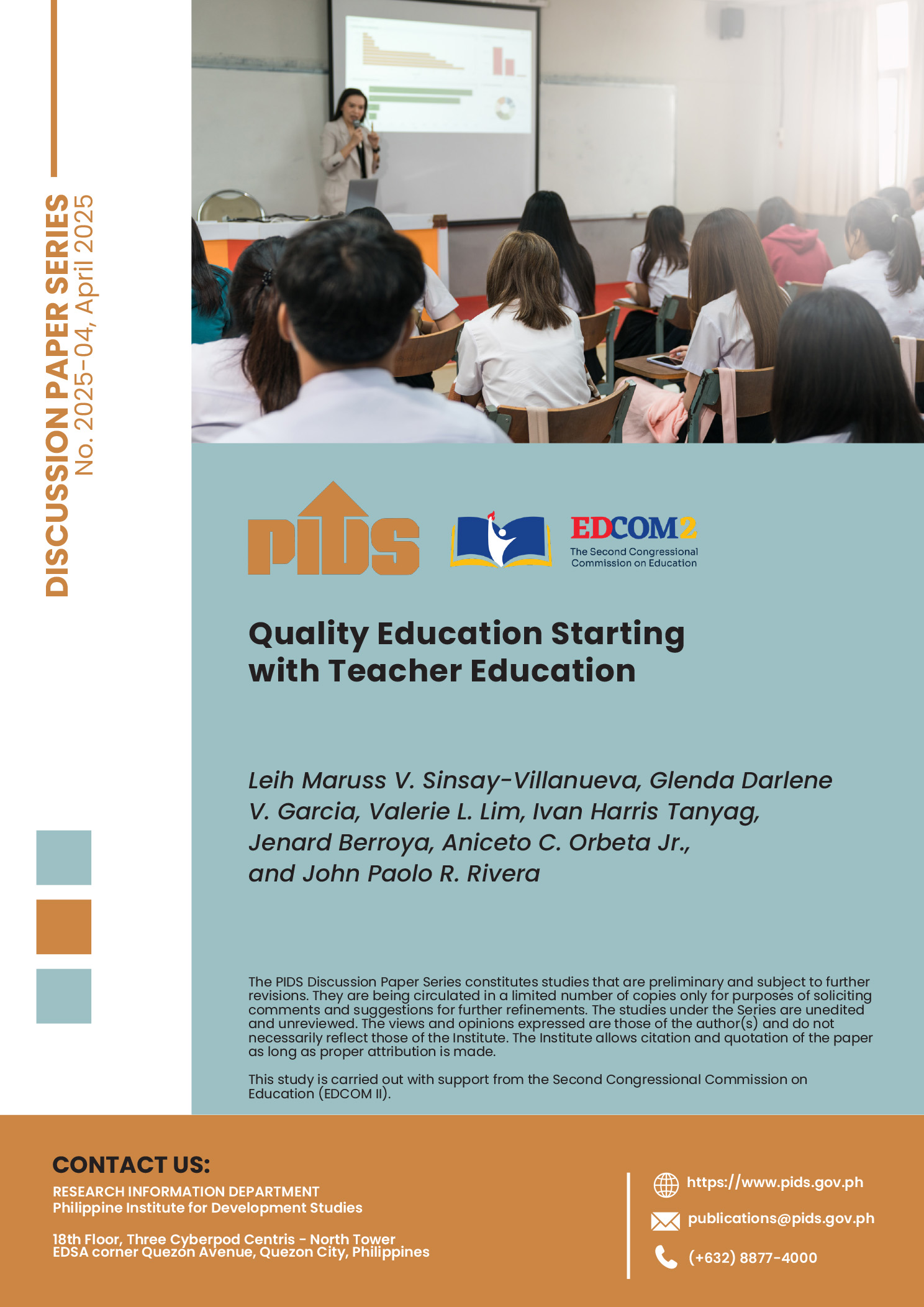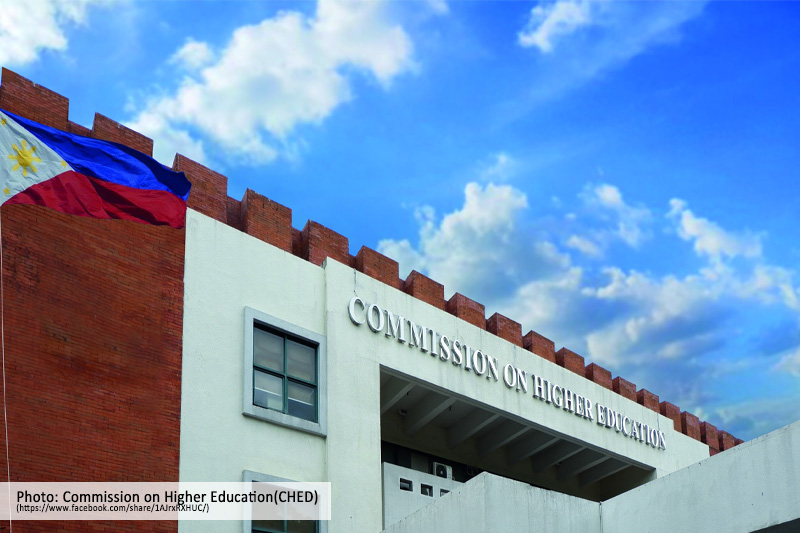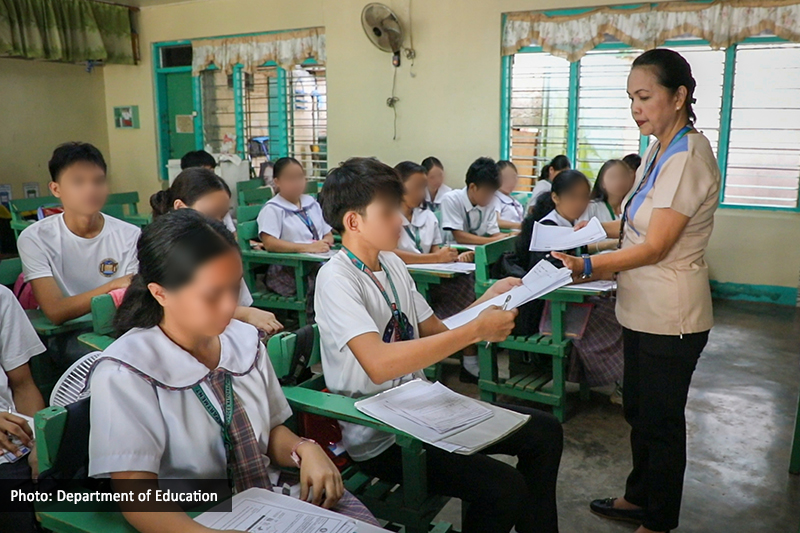Coca-Cola Philippines celebrated the Filipino Migrant Workers Day with a commitment to help in the government’s reintegration program for returning women overseas Filipino workers (OFWs) and their families.
The Migrant Workers Day celebration at the Philippine International Convention Center was led by OWWA Administrator Hans Leo Cadac and over 2,000 OFWs and their families.
“This reinforces the commitment of Coca-Cola Philippines to support the reintegration of women OFWs through economic empowerment. As a partner of the government and the Filipino people, the Company will continue to find ways to help contribute in the development of a better society,” said Jonah DeLumen-Pernia, Coca-Cola Philippines public affairs and communications director.
In a speech read by Labor Undersecretary for Human Capital Development and Migrant Workers Protection Cluster Jacinto Paras, Labor Secretary Silvestre Bello III lauded the perseverance, hard work, and expertise of the migrant Filipino workers. Considered as modern day heroes, migrant workers have sacrificed the comfort of being in their own country and being with their families in search of greener pastures.
Returning women OFWs also often encounter challenges in finding new sources of income in their hometowns.
As many OFWs are engaged in domestic services, they find it difficult to land a job upon their return in the country. Out of the 2.3 million OFWs recorded in 2014, 50.5% are women. Of this number, more than half are laborers and unskilled workers, which constitutes to domestic helpers and entertainers. According to a study conducted by the Philippine Institute for Development Studies on The Social and Economic Impact of Migration and Remittances, families spend remittances on debt payment (34%), daily household operations (32%), acquisition of consumer durables (13%), education (10%), business capital (5%), shelter (3%) and savings (1%). While these spending practices posit good impact on health and education, there is a low importance to savings, which can be used for possible entrepreneurship ventures. This type of spending entraps the OFW to work almost all their lives abroad, making reintegration of OFWs almost impossible and challenging.
“This is in line with the global initiative of Coca-Cola to economically empower 5 million women by 2020. While we have initially focused on the women sari-sari store owners and carinderia owners, we have expanded it to include marginalized OFWs, especially returning women OFWs from the domestic and care work sectors. We thank the government in seeing the importance of the program and how it can contribute towards the successful reintegration of our OFWs to their families and communities,” said Gilda Maquilan, Coca-Cola Philippines 5by20 lead and sustainability manager.
Coca-Cola Philippines, in partnership with the Technical Education and Skills Development Authority (TESDA), developed and implemented the Sari-sari Training and Access to Resources (STAR) Program since as part of the 5by20 global initiative. To date, the program has benefitted over 140,000 women from various sectors.












